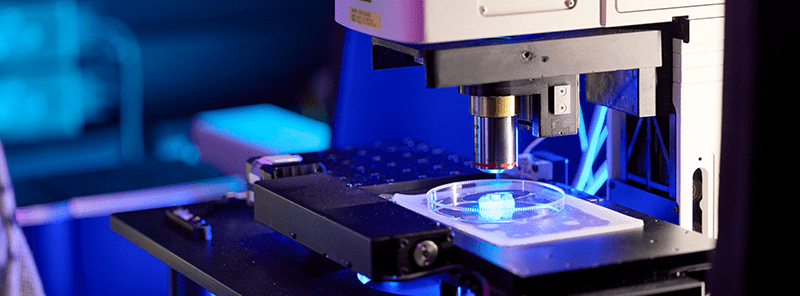Leading the Way in Pediatric Urology Research
The Division of Pediatric Urology at Cincinnati Children’s conducts leading-edge basic, clinical and translational research to improve therapies and outcomes for patients with various urological conditions.
Our team of MDs, PhDs and researchers has more than 50 years of combined research experience, with funding support from the National Institutes of Health, industry, foundations and private donors. Our division has performed groundbreaking research to improve outcomes and enhance the quality of life for patients and their families by creating new and more effective treatments.
Our Research
Our national reputation and large volume of patients enable us to frequently collaborate internally with many other disciplines, including the Division of Nephrology and Hypertension, and externally with other leading institutions in researching and publishing studies on rare and complex conditions. We leverage large database analytics, informatics and the electronic health system to answer challenging research questions. Our research is currently focused on these areas:
- Expanding our understanding of the molecular processes that result in healthy bladder development and function, which will help us manage abnormal and unhealthy bladders
- Discovery and validation of biomarkers to monitor urinary tract health in patients, including those with a history of posterior urethral valves
- Examining the long-term outcomes for patients with bladder exstrophy and posterior urethral valves
- Conducting an investigational protocol of harvesting and freezing testicular tissue for fertility preservation in patients who are at risk of infertility from radiation and/or chemotherapy but cannot provide a semen specimen
We are recognized leaders in pediatric genitourinary disease and our division has been highly successful in publishing important findings in JAMA Surgery, Journal of Urology, Pediatrics, Journal of Pediatric Urology and other top journals. Our research has won awards for best research paper by the Societies of Pediatric Urology and the Indian Association of Pediatric Surgery.





